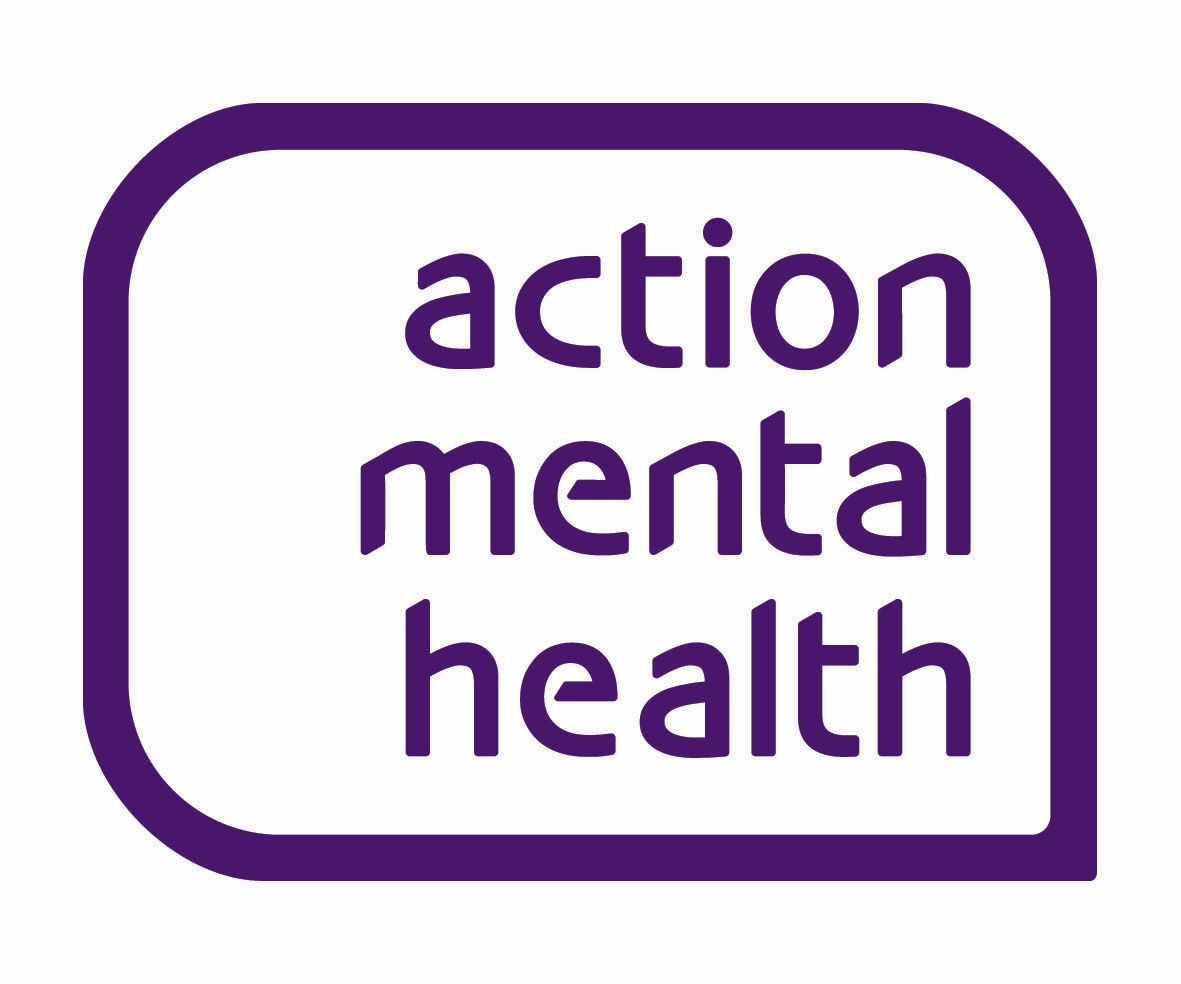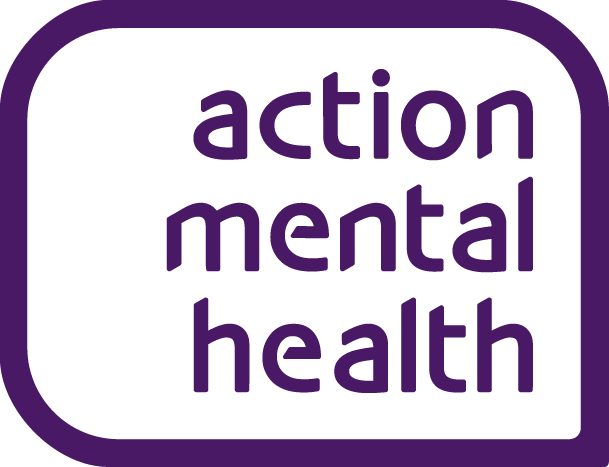3 Myths about Men's Mental Health
Masculinity is so often equated with words such as “strength”, “resilience” and being “in control”. Yet it’s exactly these restrictive societal norms that have led many men from speaking out about mental health challenges. June 2025 is Men’s Mental Health month and there is no better time to dispel the myths surrounding men’s mental health.
Myth: Men are “less emotional” than women and therefore experience less mental health challenges.
Fact: Whilst women are more likely to be diagnosed with a mental health issue, this is not necessarily because men are struggling at a lower rate. In fact, men are 4x more likely to die by suicide compared to women (HSE, 2023). This statistic indicates that it’s not necessarily that men are less likely to struggle with their mental health. Instead, it’s likely that men are less likely to seek early intervention and support when they are feeling unwell, potentially leading many men to reach a point of mental health crisis. Indeed, about a third of men said they would wait more than a month to seek mental health support after noticing symptoms, whilst a third said they wouldn’t seek help at all (UK Gov, 2023). It’s vital that we begin to break the stigma surrounding seeking mental health support- early intervention and support can, and does, save lives.
Myth: Drinking to deal with difficult feelings is fine!
Fact: In a culture that would rather men numb out their feelings with alcohol than cry, it’s understandable why many men turn to alcohol in order to manage mental health symptoms. In fact, men struggle with alcohol-related disorders at nearly twice the rate of women (Office for National Statistics, 2022). Whilst alcohol may alleviate feelings of low mood or anxiety in the short-term, it is actually a depressant for our bodies- meaning that we often feel worse over time. If you are facing mental health challenges, alcohol can significantly increase the risk of suicidal thoughts and behaviours. If you are regularly using alcohol as a means to deal with difficult thoughts and emotions, it is worthwhile to see your GP and put in place a support plan of alternative coping strategies. Coping strategies will look different from one person to the next: for one person this might involve lifestyle changes like exercise, for another this might mean stress management strategies or for someone else it may be useful to engage in talking therapies- but finding what works for you is a meaningful first step in supporting positive mental wellbeing.
Myth: Men don’t experience postnatal depression
Fact: Postnatal depression is thought to affect as many as 1 in 10 men (Tommys, UK). Bringing home a new baby can be an incredibly exciting time, but it is also full of big life changes. Factors such as increased responsibility, lifestyle changes, financial pressures, relationship stressors and exhaustion can all increase a man’s risk of experiencing depression within the early months of his child’s life. Whilst we often focus on maternal mental health postnatally, many men experience low mood, intrusive thoughts, anxiety or other depressive symptoms. If you are worried about your mental wellbeing whilst navigating parenthood- you are not alone, help is available and recovery is possible!
Accessing Help & Support:
Action Mental Health Men’s Shed: A project for men aged 50+ to share skills, socialise and connect with their wider community. Men’s Shed brings together men to share their skills, have a laugh and a cup of tea while working on practical activities of their choice. For further information visit: https://www.amh.org.uk/services/mens-shed/
Men’s Action Network: M.A.N. provides support to men in North West of Ireland including advice on a variety of issues, domestic abuse services, counselling, fathering support and telephone support. For more information visit: https://www.man-ni.org/services/
The Laurence Trust: The Laurence Trust is a local charity, based in Northern Ireland which provides support to men living with Eating Disorders and their families. This includes a dedicated helpline, resources and carers support. For further information: https://www.thelaurencetrust.co.uk/get-help/
Men’s Alliance (NI): Men’s Alliance (NI) is a unique service, based on a user led peer support model for Male Victims of Domestic Abuse. Since being established in late 2018 the group currently operates solely on Facebook, with hundreds of Support Group members benefiting from 24/7 support and advice from survivors of abuse, counsellors and support professionals. For more information: https://mensallianceni.co.uk/

